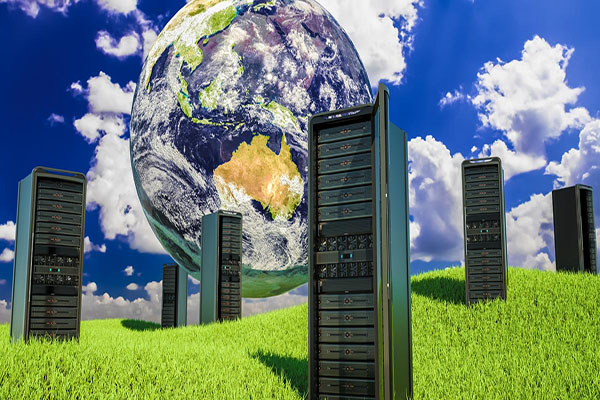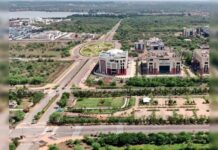In an era of growing digitalization, datacenters have emerged as the fundamental support of our technological framework. However, worries persist over the ecological effects due to their swift growth and power-demanding activities. These datacenters rank among the planet’s most energy-intensive establishments, drawing substantial electricity to fuel servers, cooling mechanisms, and auxiliary apparatus vital for their operations. Such elevated energy usage significantly affects the environment by adding to greenhouse gas discharges and ushering climate change.
The AI Power Consumption Challenge
The growing surge of AI (Artificial Intelligence) in recent years has been a remarkable and transformative phenomenon. However, AI models and algorithms are highly resource-intensive and consume significant amounts of power. Training AI models involve massive computational workloads, often requiring specialized hardware accelerators like GPUs, which consume substantial energy. This power consumption is a major concern when it comes to making datacenters greener.
According to research conducted at the University of Massachusetts Amherst, AI could contribute to around 20% of the total worldwide electricity usage by the year 2030. This is quite worrying, given the anticipation of AI’s further proliferation in the upcoming years.
What actions should digital-first companies take?
In order to tackle these concerns, organizations need to embrace sustainable methodologies to enhance the energy efficiency and ecological compatibility of datacenters. Various strategies exist to make datacenters eco-friendly. Here are a few successful approaches:
- Enhance the Hardware Infrastructure’s Efficiency: In order to reduce the ecological influence of datacenters, organizations have the option to initiate the process by enhancing their hardware infrastructure. Making the switch to servers and networking equipment that are more adept at conserving energy can result in notable reduction in power usage. Approaches like server virtualization and containerization allow for improved deployment of resources and their consolidation, ultimately leading to the conservation of energy.
- Utilize Renewable Energy: Datacenters are widely recognized for their significant energy usage. In order to enhance their environmental friendliness, it’s essential for organizations to give precedence to the utilization of renewable energy resources. The allocation of resources toward solar panels, wind turbines, or the procurement of renewable energy credits can effectively balance the ecological impact of datacenters. Furthermore, organizations have the opportunity to investigate collaborations with nearby utility providers to guarantee a steady supply of clean energy.
- Develop Effective Cooling Mechanisms: To ensure servers operate at their best temperatures, datacenters need strong cooling systems. Common cooling approaches frequently result in considerable energy inefficiency. Introducing cutting-edge cooling methods such as hot-aisle and cold-aisle containment, effective airflow control, and liquid cooling systems can distinctly decrease energy usage while improving cooling efficiency.
- Enhance Workload Optimization and Resource Allocation: AI workloads within datacenters can demand a lot of resources, which can result in the ineffective utilization of computational assets. Through the implementation of workload coordination and resource allotment approaches, datacenters can make the best use of their resources. Equilibrium of workloads, automatic capacity adjustment, and forward-looking data analysis contribute to decreasing energy consumption while upholding peak performance.
- Optimize Datacenter Infrastructure Management (DCIM): Deploying a DCIM system grants organizations immediate insight into energy usage, surrounding environmental factors, and equipment functionality. DCIM facilitates preventive monitoring, capacity strategizing, and energy enhancement, resulting in a more ecologically viable datacenter operations.
As the demand for digital services keeps increasing, the pressing issue of datacenter sustainability comes to the forefront. By implementing the steps mentioned above, datacenters can enhance their sustainability and improve their competitive edge.

















